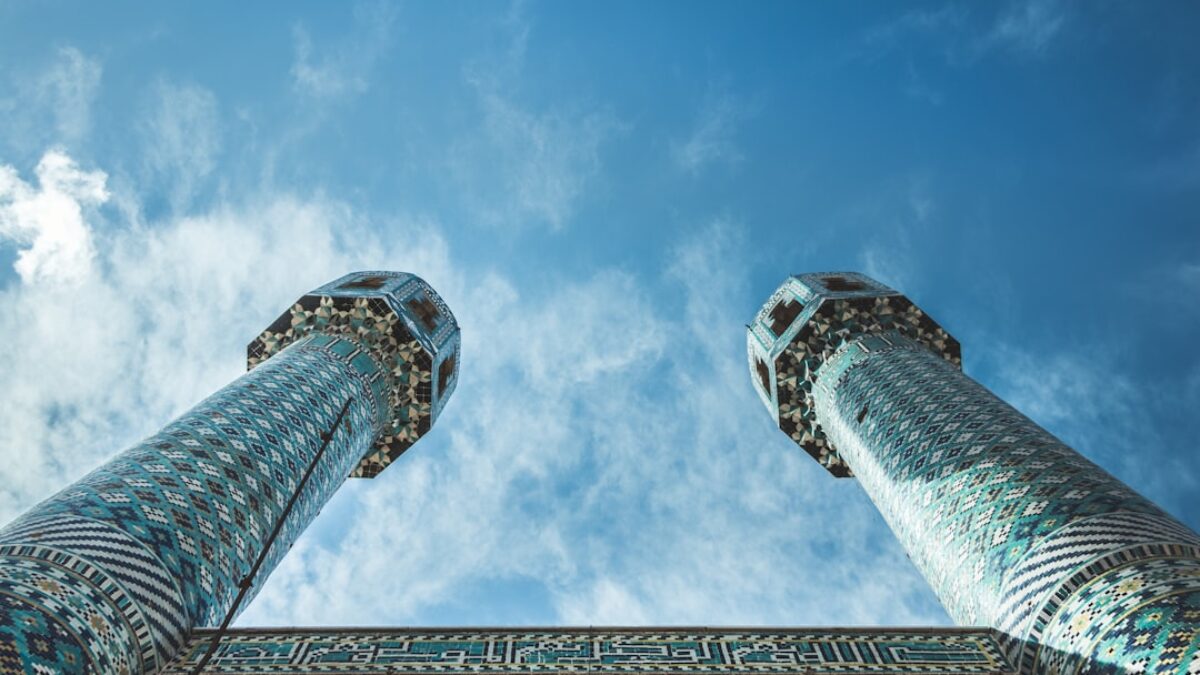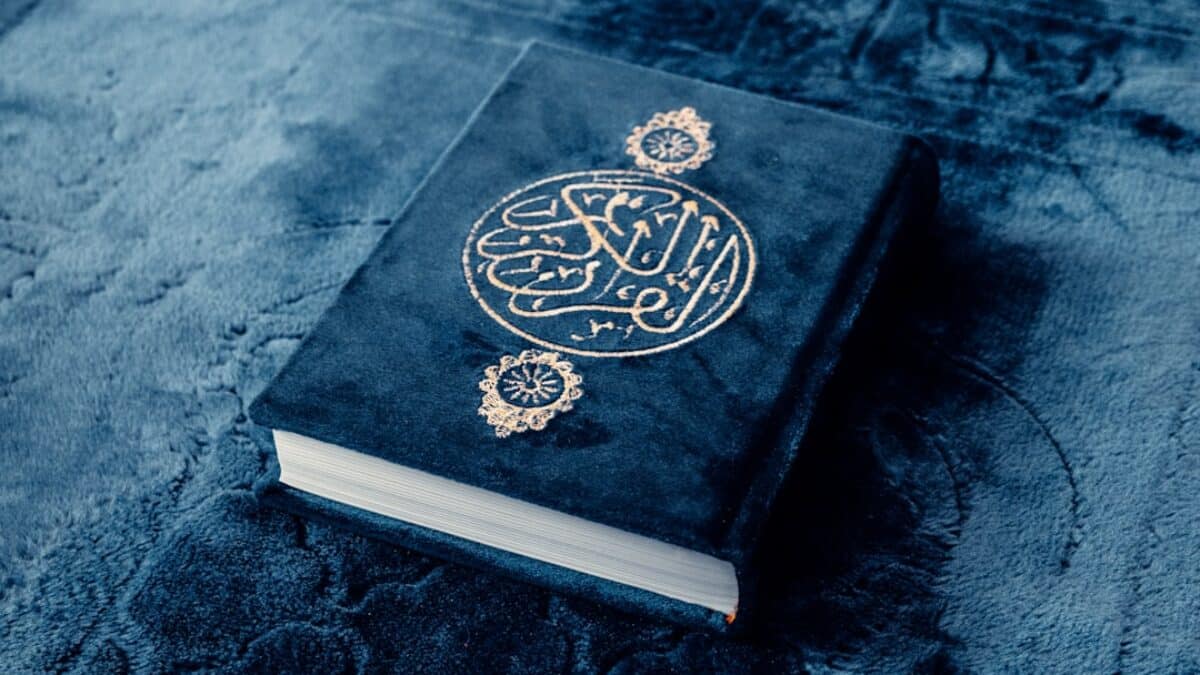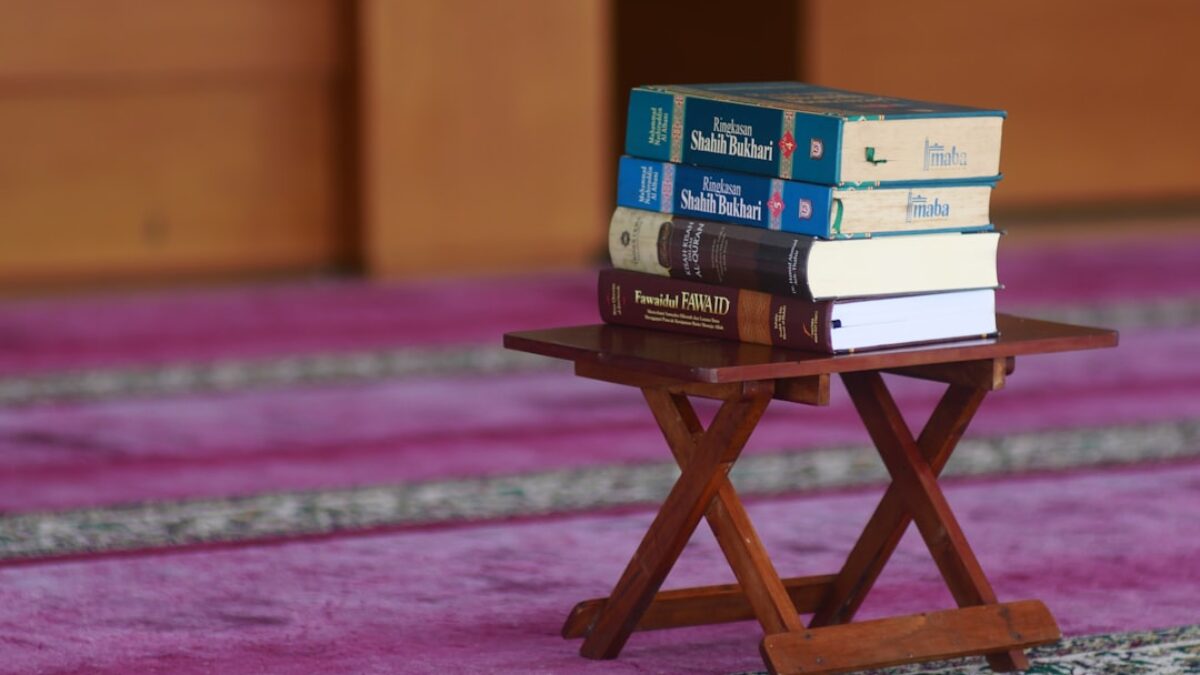Surah Al-Waqiah, the 56th chapter of the Qur’an, is often called “The Inevitable Event” because it opens with a vivid reminder of the Day of Judgment. Yet its reputation in Muslim households stretches far beyond eschatology. Generations have testified that regular recitation of this surah brings tangible improvements in wealth, protection, and spiritual readiness for the afterlife. Scholars from the earliest centuries to contemporary researchers have explored Qur’anic verses and prophetic traditions to understand why this particular chapter carries such transformative power. This article delves into the linguistic beauty, theological depths, and lived experiences that make Surah Al-Waqiah a cornerstone of daily spiritual practice.
Understanding Surah Al-Waqiah
Revelation Context and Placement in the Qur’an
Revealed in Mecca during a period of intense persecution, Surah Al-Waqiah served both as consolation to the Prophet Muhammad ﷺ and as a manifesto for the community he was nurturing. Its 96 verses sit in the latter half of the Qur’an (Juz’ 27), immediately after Surah Ar-Rahman and before Surah Al-Hadid. This placement is significant: Ar-Rahman extols divine mercy, Al-Waqiah warns of ultimate accountability, and Al-Hadid affirms that power ultimately belongs to Allah. Together they form a thematic arc that moves from mercy to accountability to sovereignty.
Thematic Overview
Four major themes dominate:
- The Reality of the Hereafter (vv. 1–26)
- The Three Classes of Humanity (vv. 27–56)
- Divine Power and Provision (vv. 57–74)
- Warnings and Consolations (vv. 75–96)
By weaving these themes into a single narrative, the surah moves the reader from fear of the unknown to trust in Allah’s meticulous justice and boundless generosity.
Linguistic Features that Elevate Impact
Classical exegetes note how the surah’s rhythmic cadence (especially the repeated phrase “Fabi-ayyi aalaa-i Rabbikuma tukadhdhibaan” in Surah Ar-Rahman) is echoed in Al-Waqiah through forceful oaths such as “Fa-laa uqsimu bi-mawaqi’i an-nujoom” (56:75). This rhetorical device “shakes” the listener, making warnings vivid and promises visceral. Additionally, the surah’s vocabulary is rich in economic imagery—rizq, maal, ‘ayn aaniyah, sulalat sulalatin—which subconsciously links spiritual reward to worldly sustenance.
Key Components of Surah Al-Waqiah
Structure and Verses: The Narrative Arc
| Verse Range | Primary Focus | Key Arabic Keyword |
|---|---|---|
| 1–7 | Catastrophic onset of the Hour | Al-Waaqi’ah |
| 8–26 | Three groups on Judgment Day | As-haabul Yameen / Shimaal / Sabiqoon |
| 27–40 | Rewards of the foremost (Sabiqoon) | Jannat an-Na’eem |
| 41–56 | Rewards of the Right-Hand companions | ‘Adn, Zarqaa’ |
| 57–74 | Proofs of divine power & provision | Ansha’nakum |
| 75–96 | Oaths, warnings, and final glad tidings | Qur’anan ‘Ajaba |
The Three Classes of Humanity
- As-Sabiqoon (The Foremost): Those who raced to faith and good deeds. They enjoy the highest gardens of paradise—’Illiyeen.
- Ashab al-Yameen (Companions of the Right Hand): Average believers who fulfilled the basics; they receive mid-level gardens—Jannat ‘Adn.
- Ashab ash-Shimal (Companions of the Left Hand): Rejecters of truth; their abode is Saqar, a scorching fire.
Understanding these categories creates positive spiritual pressure: believers are motivated to move from “right-hand” to “foremost” status, which in turn shapes ethical spending, honest trade, and generous sadaqah—practical steps toward increasing barakah in wealth.
Economic Imagery and Wealth Symbolism
Verses 63–73 present a mini-lesson in agronomy: Allah makes grains grow, revives dead land, and produces gardens dense with fruit. The takeaway is explicit—“Fabi-ayyi aalaa-i Rabbikuma tukadhdhibaan” (“Then which of your Lord’s favors will you deny?”). By coupling material prosperity with spiritual gratitude, the surah reframes money not as an end but as evidence of divine grace. This subtle shift in mindset is what converts a paycheck into halal rizq infused with barakah.
Benefits and Importance
Spiritual Benefits: The Heart’s Armor
Regular recitation creates a spiritual membrane against heedlessness. Imam Ibn Kathir records that Abdullah ibn Mas’ud said, “Whoever recites Surah Al-Waqiah every night will never be afflicted by poverty.” Modern scholars explain this through the doctrine of barakah—a metaphysical increase that cannot be measured in accounting terms but is experienced as unexpected ease in expenses, sudden opportunities, or protection from financial calamities.
Financial Barakah: Case Studies and Anecdotes
- Case 1: The Small-Business Owner A Malaysian restaurateur began reciting Al-Waqiah nightly after ‘Isha. Within six months, daily sales doubled without additional advertising. He attributes the growth to a single incident: a supplier mistakenly delivered double the seafood order but refused to charge extra, claiming, “You’re always honest in your dealings; consider it a gift.”
- Case 2: The Freelance Designer A Canadian convert, struggling with inconsistent income, programmed Alexa to recite Surah Al-Waqiah at Fajr. Over one year, her average monthly retainer rose from CAD 2,000 to 5,400. She cites “unexplainable” referrals from clients she never pitched.
- Case 3: The Zakat Distributor A UK charity printed pocket-sized Al-Waqiah booklets and asked donors to recite it weekly before giving zakat. Donations increased 37 % year-on-year; the director notes, “People felt their money was amplified before it even left their hands.”
Protection Against Calamities
Classical texts such as Al-Durr al-Manthoor cite a weak but multiply-transmitted narration that “Surah Al-Waqiah is a shield against the tribulations of the grave.” While scholars differ on authenticity, protective recitations are widely practiced. In Islamic jurisprudence, al-‘ada (customary causation) permits beneficial acts even if the specific hadith is weak, provided no prohibition exists. Thus, many Muslims recite verses 75–96 while blowing lightly over water and sprinkle it around the home, believing it repels break-ins, fires, or envy.
Afterlife Preparation: Transforming Daily Habits
The surah’s graphic depictions of paradise and hellfire serve as daily mindfulness triggers. For example, verse 25 mentions cups passed among the Sabiqoon “neither laghw (idle talk) nor sin therein.” A believer who ponders this line before logging into social media may choose to mute gossip channels—a micro-decision that accumulates into afterlife capital.
Practical Applications
Creating a Daily Recitation Routine
- Pair It with a Fixed Prayer: Most effective after Maghrib or ‘Isha when business concerns naturally arise.
- Use the 14/7 Method: Recite the full surah once daily, then repeat verses 75–96 seven times each morning and evening for protection and rizq.
- Keep a Surah Al-Waqiah Journal: Note down any financial or protective incidents within 24 hours of recitation. Over months, patterns emerge that strengthen conviction.
Integrating Surah Al-Waqiah into Business Ethics
- Before Signing Contracts: Recite verses 57–74 to internalize that provisions ultimately come from Allah, reducing fear-driven negotiation tactics.
- Payroll Ethics: Recite 56:73 “We made it a reminder and provision for the travelers” before distributing salaries, reminding employers that wages are a sacred trust, not a favor.
- Friday Board-Meetings: Open with collective recitation and a one-minute silent reflection on verses 8–10, aligning profit motives with maqaasid al-shari’ah (higher objectives of Islamic law).
Family Rituals and Child Upbringing
Bedtime recitation of Al-Waqiah instills afterlife consciousness without traumatizing children. Use storytelling: “Tonight we’ll see the beautiful gardens of Sabiqoon!” Over time, children begin to associate delayed gratification with eternal reward, curbing impulsive spending and fostering generosity.
Digital Productivity Hacks
| Tool | Setup | Surah Al-Waqiah Integration |
|---|---|---|
| Google Calendar | Create recurring “Al-Waqiah time” | Use the description box to paste Arabic text + transliteration |
| Notion | Build a “Rizq Tracker” database | Link weekly recitations to income spikes or cost savings |
| Telegram Bot | IFTTT recipe: every 9 pm send surah audio | Family group listens together even when apart |
Frequently Asked Questions
What is the best time to recite Surah Al-Waqiah for financial increase?
While no single time is divinely mandated, after ‘Isha prayer is most common because the mind is less cluttered with daytime transactions. A second window is between Fajr and sunrise, aligning with the Qur’an’s praise of “those who seek forgiveness at dawn” (3:17). The key is consistency rather than precise timing.
Can women recite Surah Al-Waqiah during menstruation from a mobile app without touching the mushaf?
Yes. Contemporary scholars such as Sheikh Ibn Bayyah permit recitation from memory or a screen during menstruation because neither constitutes tilawah from a mushaf. The spiritual benefits remain intact.
Is there a specific number of times I should recite it for maximum effect?
Classical sources mention once daily as sufficient for general barakah. However, if facing acute financial hardship, some narrations suggest seven consecutive nights followed by istighfar 70 times. Always pair quantity with khushoo’ (presence of heart) to avoid ritualism.
How soon can I expect to see financial results
























Post Comment